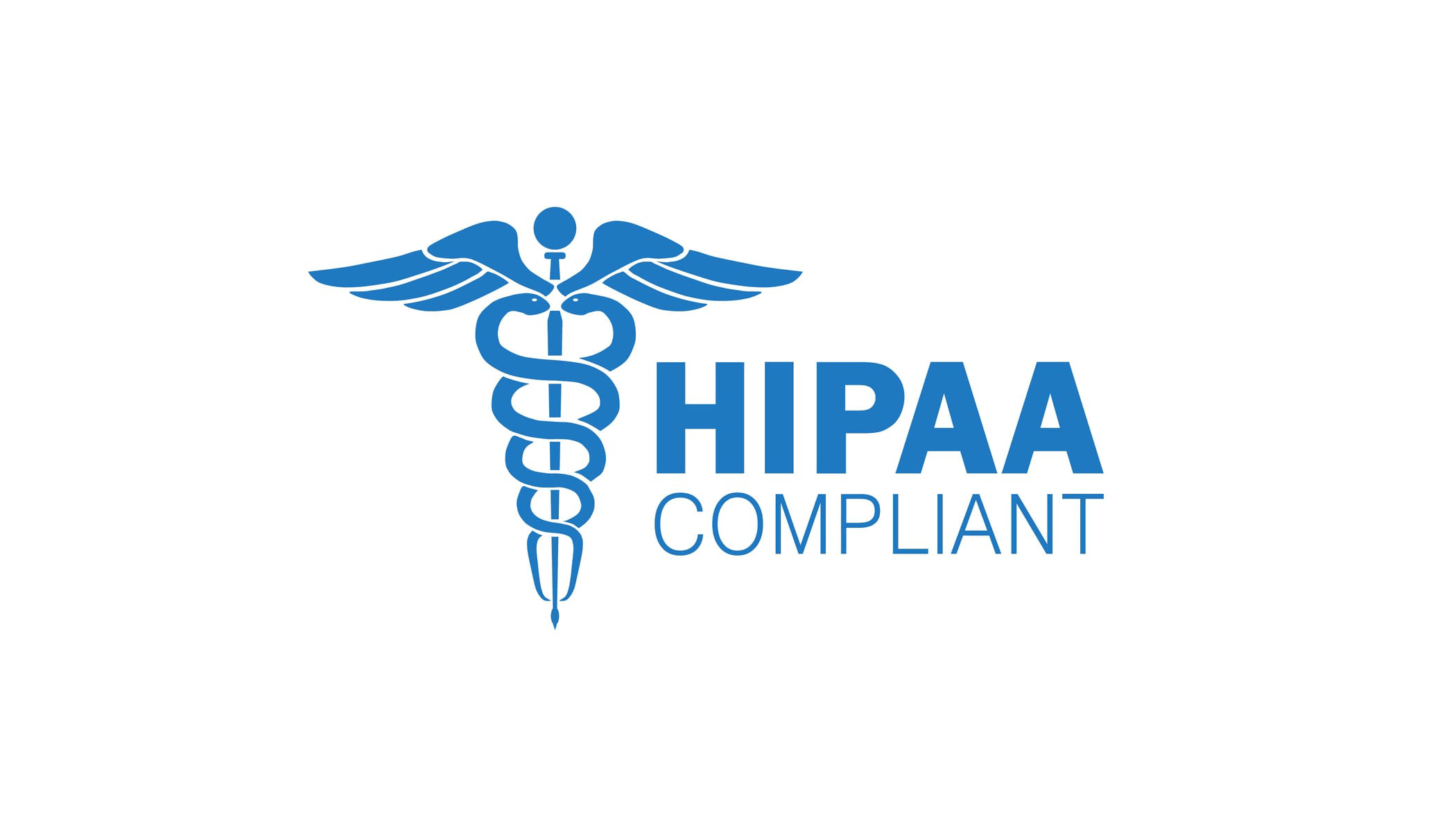CALL US TODAY (877) 768–9598
-
SERVICES
- Call Center Outsourcing
- BPO & Business Support Services
- After-Hours & Overflow Support
- Order Taking & Billing Services
- Inbound & Outbound Support
- Customer Service & Support
- AI & Technology Services
- Virtual Call Center Solutions
- Customer Experience Management
- Contact Center As A Service (CCaaS)
- Contact Center Workforce Optimization (WFO)
- Omnichannel Customer Support
- Onshore Contact Center Services
- Nearshore Contact Center Services
- Offshore Contact Center Services
- Back Office Support
- Revenue Cycle Management
- Workforce Management
- Management & Business Support
- Enterprise Contact Center
- Small Business Contact Center
- Inbound Contact Center Solutions
- Lead Qualification
- Cross-Selling & Upselling
- Surveys
- Appointment Setting
- Customer Acquisition & Retention


